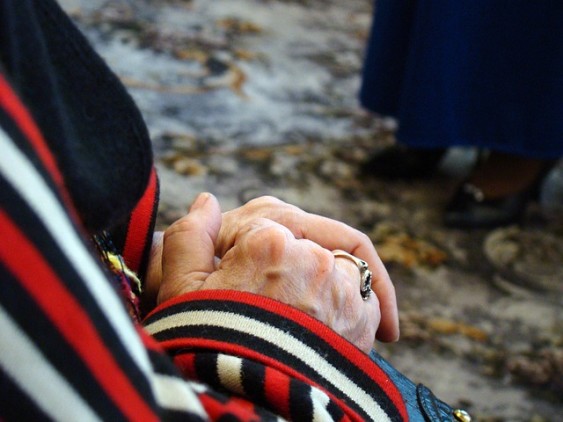A recent report conducted by Barry Quirk of Lewisham Council has shown that 8,000 people in his south London borough’s population of almost 300,000 are taking up half of his entire budget.
The 8,000 total figure is made up of 2,000 children and young people over the course of a year and 6,000 older and disabled adults.
Mr Quirk thinks the picture will be similar, or even more pronounced in other boroughs. As council funding continues to decrease, social care is accounting for an even greater share of overall spending.
“If you get social care management wrong, then it has a very big impact on the rest of the organisation because it’s such a high proportion of the budget,” says Quirk.
“And that’s something that wouldn’t be recognised in much of the rest of the world, because social care isn’t a feature of local government in many other countries.”
The social care provided for children and adults accounts for around 56% of Lewisham’s net annual budget of some £270m. In shire counties, adult social care alone can account for 40% of the budget.
Every Social Care Pound Should Be Spent to Maximum Effect
These figures make it highly important that ever social care pound is spent to maximum effect. It is also essential that councils do everything in their power to prevent people unnecessarily using these services.
It is better in the long run to focus on keeping a family together, rather than having to take the children into care, or keeping older people living independently, rather than paying for them to go into residential care, has never been more important.
According to the Local Government Association (LGA), spending on prevention has been protected amid the butchery of services over the past four years.
In adult social care, preventive schemes costing £900m a year remain intact even though councils have had to absorb rising demand and make cuts in care services to the total amount of £3.5bn.
Quirk thinks that one answer would be for councils to share their social care responsibilities. Taking adult and children’s services together, he points out, the market is worth more than £22bn.
“It could be that grouping makes sense, especially when you think of how very specialist some services are becoming, such as commissioning for dementia care. Authorities are looking at this now, rather than believing they can solve all their problems locally.” Said Quirk.
There was an estimated total £20m of social investment in social care in 2011-12. The report envisages bringing in £40m a year in each of the next five years. But welcome as that £200m would be, it would do little to cushion the blow of a £4.3bn sector shortfall.
One can only wonder if there are other councils and boroughs who have found similar reports of their own that mirror that of Mr Quirk. If funding is cut for social care and authorities are forces to pool their resources together in order to get by, we could see a serious downfall in the level of care that is provided to those who need it.
Do you feel that other councils have found similar findings to that of Lewisham and what can be done to ensure that the level of care provided doesn’t drop even if the funding does?
Please let us know your thoughts in the comments below.


No Comments Yet